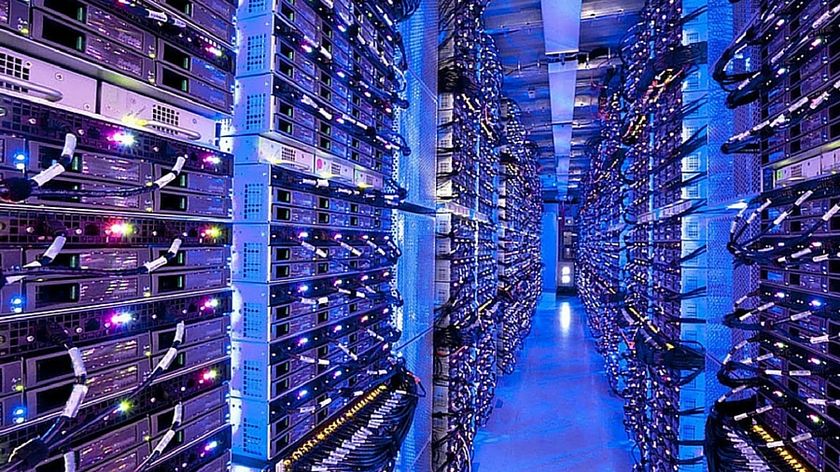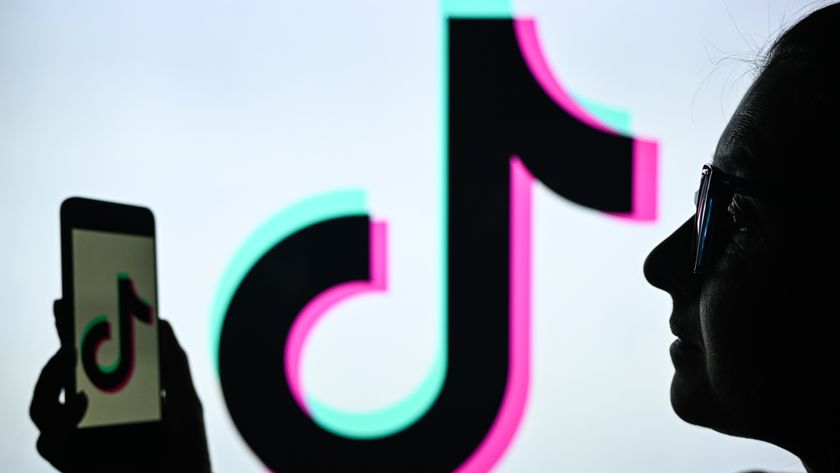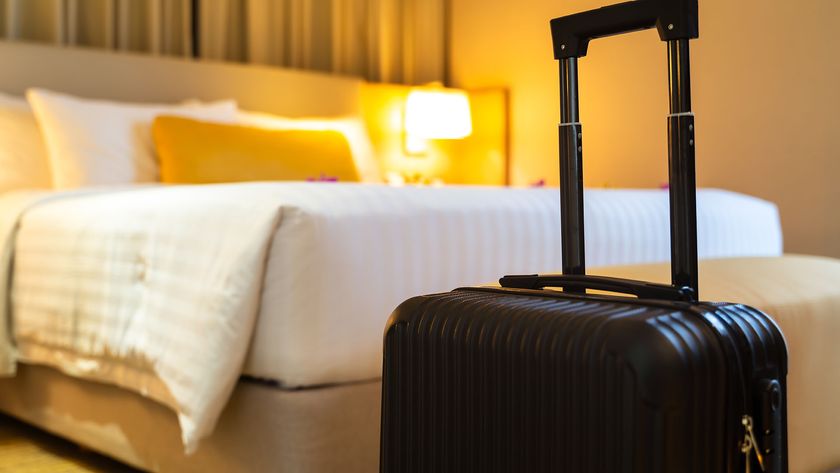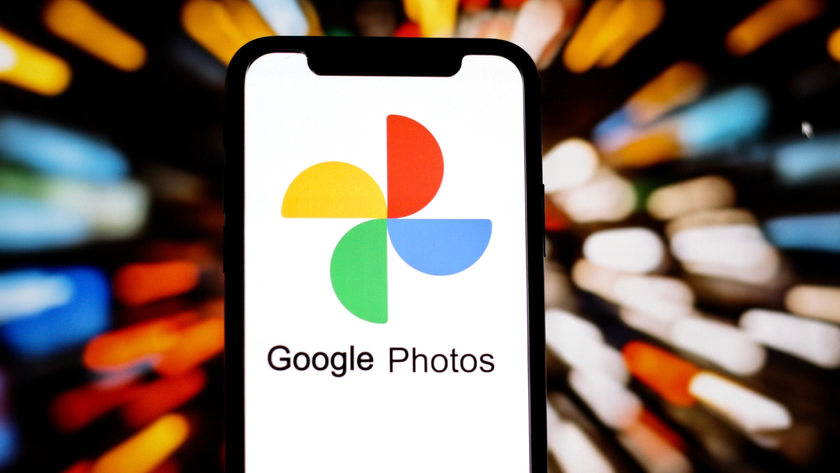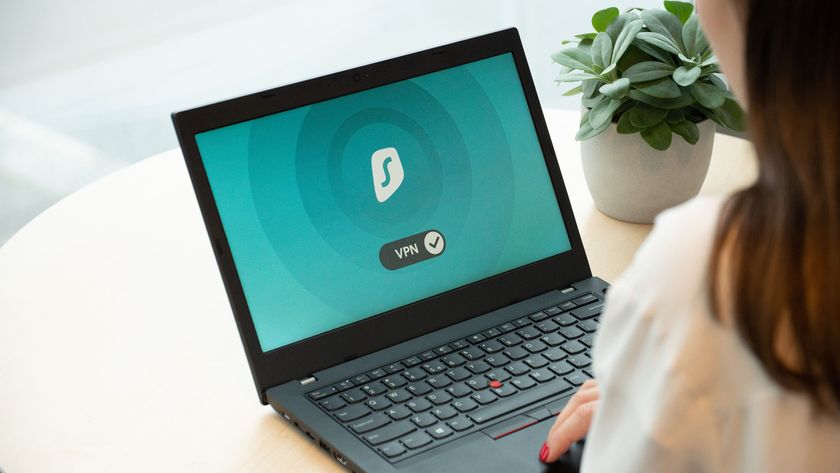How your business can profit from better Wi-Fi
Customers stay longer and spend more
TRP: How can we improve public Wi-Fi user experience?
GW: When we asked our sample; 'what would improve your public Wi-Fi experience?' The respondents answered; easy login process 39%, free Wi-Fi 36% and faster Wi-Fi 25%.
Furthermore, when asked if content filtering should be a legal requirement in public locations, 56% said yes, and a further 26% said it would depend on the venue.
When asked if they would pay for faster Wi-Fi, 44% of respondents said yes, 23% of whom confirmed only if they needed a stronger connection to use a bandwidth intensive file or application, e.g. to watch video content.
TRP: What are the key lessons that we can take from the survey?
GW: These survey findings suggest that we are limiting our potential to reach out to customers when they connect, or at least try to connect. It also suggests that the general technical understanding in relation to simply getting online is not as complete as we assumed.
Looking forward, it's fair to say that the introduction of Hotspot 2.0 will make access to public WiFi safer and easier to use. This is because the Wi-Fi provider will include more detail within the Hotspot 2.0 WiFi settings, including; is the Wi-Fi open? Is it paid for? Does it require registration? Is it oversubscribed?
Are you a pro? Subscribe to our newsletter
Sign up to the TechRadar Pro newsletter to get all the top news, opinion, features and guidance your business needs to succeed!
As a result, users will be able to make informed decisions about the networks they select very quickly. It will also create a seamless experience where interaction with the network is not required if credentials are already in place.
This would be the case if the user's mobile provider, broadband provider, hardware provider or anyone else has a pre-agreed roaming contract with the network, meaning they can make the decisions in the background and connect users automatically.
However, as Hotspot 2.0 installations are still few and far between, we need to understand that simply offering WiFi to customers and visitors is not enough to build communications opportunities, deliver offers, monitor behavioural and location based analytics and share relevant content.
We need to be sure that our visitors and customers are not only aware of free Wi-Fi, but can also get online easily and once connected understand how to utilise the services and offers available.

Désiré has been musing and writing about technology during a career spanning four decades. He dabbled in website builders and web hosting when DHTML and frames were in vogue and started narrating about the impact of technology on society just before the start of the Y2K hysteria at the turn of the last millennium.

